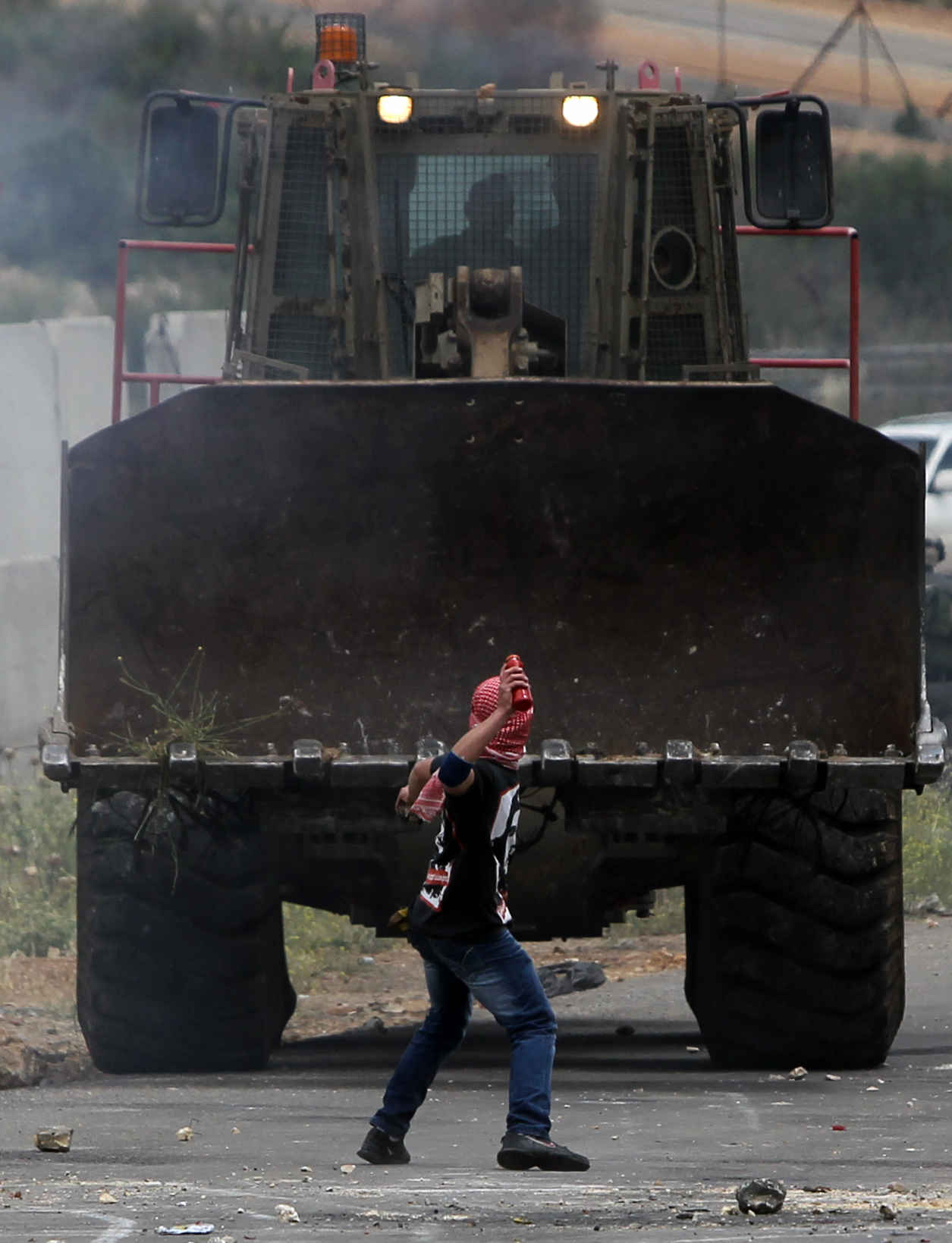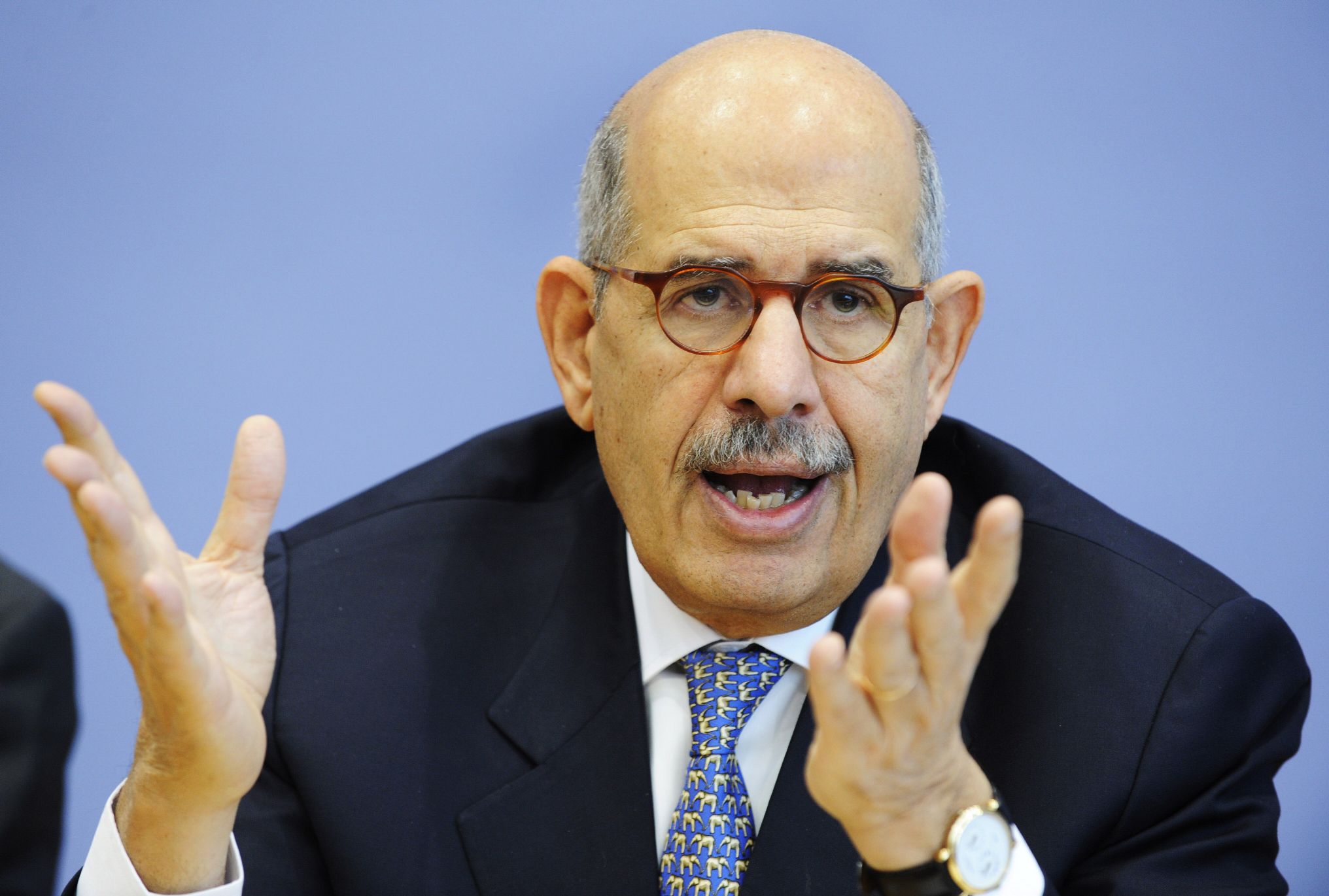As most Egyptians sweated through Sunday night, waiting to know who has won the presidency, opinion writers in Egyptian newspapers analyzed the whole transition phase and the extension of powers by the Supreme Council for the Armed Force (SCAF). With the sudden announcement of a new constitutional declaration, only a few hours before the early results of the presidential elections, almost all columnists in Egypt have written about the dissolved parliament, the new president and SCAF’s new constitutional declaration.
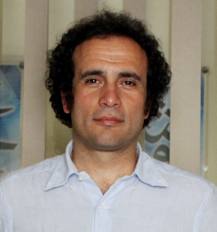
Al- Watan Newspaper
In his column entitled ‘The transition phase that never ends’, Amr Hamzawy analyzes the consequences of the latest political developments in the country. The election of an Egyptian president only a few days after the Supreme Constitutional Court’s rulings and the dissolution of parliament explains how the transition phase, which commenced on 11 February 2011, became stretched out. The mission of the SCAF cannot be over by June 30, since all legislative powers have been transferred to the military. The writer states that SCAF, Muslim Brotherhood and the salafists hold the biggest share of responsibility and blame for the distressing status Egypt has reached today. Hamzawy believes that earlier suggestions, endorsed by the above parties, to carry out elections before the drafting of constitution has led to severe disruptions that affected the transition phase and transfer of power from the military. Insisting on prioritizing elections before a clearly written constitution dragged Egypt back to square one. Now, the parliament is dissolved and a new president is elected without any known clear powers. Even before the dissolution of parliament, conflicts always existed between the People’s Assembly, as a legislative power, SCAF and the government. Hamzawy criticizes the Muslim Brotherhood’s arrogant way of dealing with other powers. He believes that the group has totally ignored the issue of consensus and focused efforts on dominating power as much as it can. The group remained silent in many situations in which SCAF was practicing oppressive methods and undemocratic procedures. The salafists did not act any differently from the Muslim Brothers in this approach. As for the liberal and leftist political powers, Hamzawy stresses that their great mistake was to descend into internal fights instead of unifying their efforts to deal with the transition phase in a strategic way. The writer concludes his article by saying that the biggest loss in this whole period is the process of democratic reform. SCAF continues to expand its power in an absence of parliament and a proper legislative authority. Thus, the transition appears endless
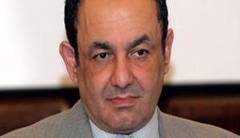
Al-Masry Al-Youm
Al-Shobaky traces the disagreement between the Military Council the civilian parties back to the day when the former had issued decree number 120/2011 on 27 September 2011. This decree to amended law number 38/1973, especially effecting clause number 5, which limits the Parliament and Shura Council to individual membership on non-party candidates. The author recalls the overwhelming opposition to the Military Council’s amendment of clause number 5 by the revolutionart powers, which manifested in a one-million man march entitled, “The Friday of Recapturing the Revolution” on 29 September 2011. The march also called for an end to the Emergency Law, stop prosecuting civilians before military courts and the conduction of parliamentary elections with 100% of candidates chosen on the basis of proportional lists. Al-Shobaky then continues his narration of the events by stating that under this popular pressure, the Military Council was compelled to cancel the amendment of clause 5, and to allow political parties to run for individual seats, as agreed in a meeting with political party representatives. However, the following Military Council’s decree number 123/2011 dated 18 October 2012 gave the political party candidates the chance to run in both proportional lists and individual seats, while confining the chance of independent candidates on individual seats, resulting in the first unconstitutional act caused by this unequal opportunity of election. Al-Shobaky then draws the parallel between the legal grounds upon which the 1987 parliament was disbanded, and their counterparts leading to the dissolution of the 2012 parliament. He then questions the timing, given that back in 1987 the Parliament remained running for three entire years, while in 2012 it hardly survived three months. Finally, the writer ends his article by pointing the finger collectively at the political parties for allowing such an unconstitutional flaw to happen in the first place. He stresses the crucial need for either drafting a new constitution, or amending the constitution of 1971 with popular consensus and political agreement as a prior condition to any legislative elections. Al-Shobaky suggests that a new electoral law should be issued, allowing one third of the seats to proportional lists, and two thirds to independent candidates.
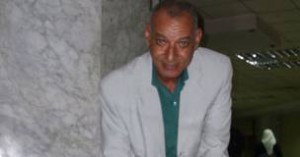
Al-Masry Al-Youm
In his article ‘A Half Revolution, and a Half President’ Suleiman Al-Hakim ironically suggests that a half revolution hardly deserves more than a half president. He says that it will come at no surprise to him if Ahmed Shafiq wins the elections, not least because Mohamed Morsi and the Muslim Brotherhood have exerted their greatest efforts to actually help him win. Al-Hakim says they are guilty of dividing the revolution’s lines and polarising the society on sectarian grounds. The Muslim Brothers vilified Tahrir Square and the revolutionists, showed reluctance to isolate figures from the old regime and helped out the Military Council in drafting unconstitutional laws. Al-Hakim believes that the Muslim Brotherhood opened the gates wide for legal fraud and showed carelessness in dealing with the crises they faced. These sins raised among the people a spirit of despair agitating against the revolution and effectively ceded to Shafiq and his cohorts at the expense of the revolution. The author agrees with the idea that it’s natural either Shafiq or Morsi should become the president because of a revolution that was deliberately weakened to the extent of being incapable of completing more than half of its journey. Finally, Al-Hakim regrets that even true revolutionaries themselves had a hand in this bitter result. He saw the gathering together of Hamdeen Sabahi, Abdel-MoniemAbol-Fotouh, and Khalid Aly in Tahrir Square following the results of the first rounds as far too little too late. Al-Hakim recalls his numerous earlier calls to form a single presidential team and how he was ignored. As such, Al-Hakim concludes, the revolution fell prey not only to the ex-National Democratic Party figures and opportunists, but also to the revolutionaries themselves.

Al-Shorouk newspaper
In his column ‘Going around in circles’ Salama Ahmed Salama analyzes the turn out of the second round of presidential elections. Compared to the first round where voters lined up in queues to choose between a large number of very different candidates, Egyptians in the second round were cornered to choose between only two tough options. Salama anticipates the turnout in the second round will have reached only 25 or 30 per cent. The writer also reviews fears about the Muslim Brotherhood that materialized only days before the second round of elections. He reiterates the statements made by Khairat Al-Shater, the Muslim Brother’s deputy to the general guide, who threatened the eruption of another revolution if Ahmed Shafiq wins. Al-Shater also promised Egyptians, in the same statements, that Mohamed Morsi will form a coalition government if he gains the presidency. Even before Al-Shater’s statements, the Muslim Brotherhood held meetings to review the option of withdrawing Morsi from the presidential race after rulings by the Supreme Constitutional Court, which dissolved parliament and rejected the political disqualification law. The majority of Muslim Brothers at that time refused to countenance the idea of Morsi withdrawing, believing that if he did so the election would revert to a public referendum on Shafiq. Such a situation could only bolster Shafiq’s position. These tendencies show the serious concerns and fears that the Muslim Brotherhood had before the elections. It also points to the fact that the Freedom and Justice Party digests consider the recent court rulings to be specifically targeting them. Indeed it seems not have even crossed the mind of the Muslim Brotherhood leadership that the SCAF would issue such important rulings at this particular timing. Salama concludes his piece by stating that Egyptians will imprison themselves to whatever result comes out of the elections. Legislative authority has already moved to SCAF and it will not be easy for the coming president to regain this power before new parliamentary elections are held and the constituent assembly is reshaped. Egyptians will remain going around in circles, until Islamist actors prove their ability to balance political forces and avoid giving the impression that they are trying to monopolize power.
